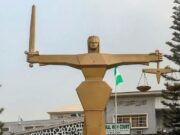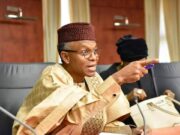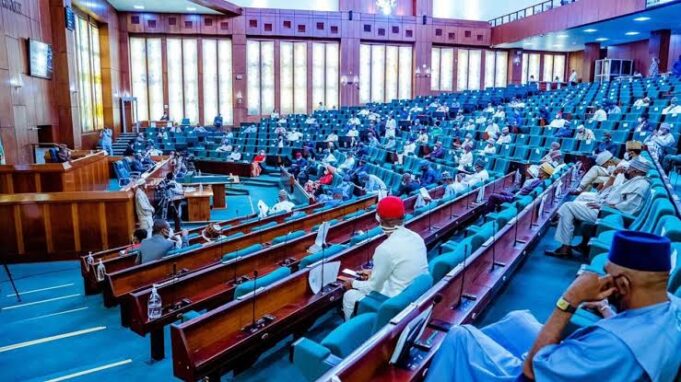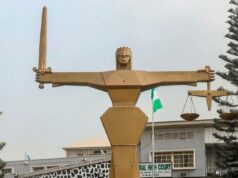Fifteen states in Nigeria, including Abia, Rivers, Zamfara, and Kano, failed to elect any female representatives in their state assemblies during the 2023 general election, raising fresh concerns about gender inclusion in governance.
This was revealed by social inclusion and governance expert, Olumide Olaniyan on Monday in Abuja during a technical session on the Seat Reservation for Women Bill and the public presentation of the National Women Leaders Forum’s operational guidelines.
The event, organized by the Westminster Foundation for Democracy in collaboration with the National Women Leaders Forum of Political Parties in Nigeria, highlighted the continued underrepresentation of women in Nigerian politics.
Olaniyan noted that the affected states cut across all six geopolitical zones, listing others such as Osun, Imo, Yobe, Bauchi, Niger, Borno, Gombe, Jigawa, Kebbi, Katsina, and Sokoto.
He lamented that despite women making up 49 percent of Nigeria’s population, the country ranks 180th out of 192 nations in women’s parliamentary representation.
Meanwhile, Nigerian women are planning to storm the National Assembly to demand explanations from Senate President Godswill Akpabio over the alleged harassment of Senator Natasha Akpoti-Uduaghan, who represents Kogi Central.
Speaking at the event, former ActionAid Nigeria country director Ene Obi condemned the treatment of Senator Akpoti-Uduaghan, calling it unacceptable.
She warned that women would soon march to the National Assembly to demand justice.
The controversy erupted last week when Senator Akpoti-Uduaghan, chairperson of the Senate Committee on the Diaspora and Nongovernmental Organizations, protested the sudden relocation of her seat within the chamber.
Her refusal to move to the newly assigned seat led to a standoff with Senate President Akpabio, who declined to recognize her objections.
In response, Deputy Speaker of the House of Representatives Benjamin Kalu appealed for calm, suggesting that the matter be handled through diplomatic channels.

















